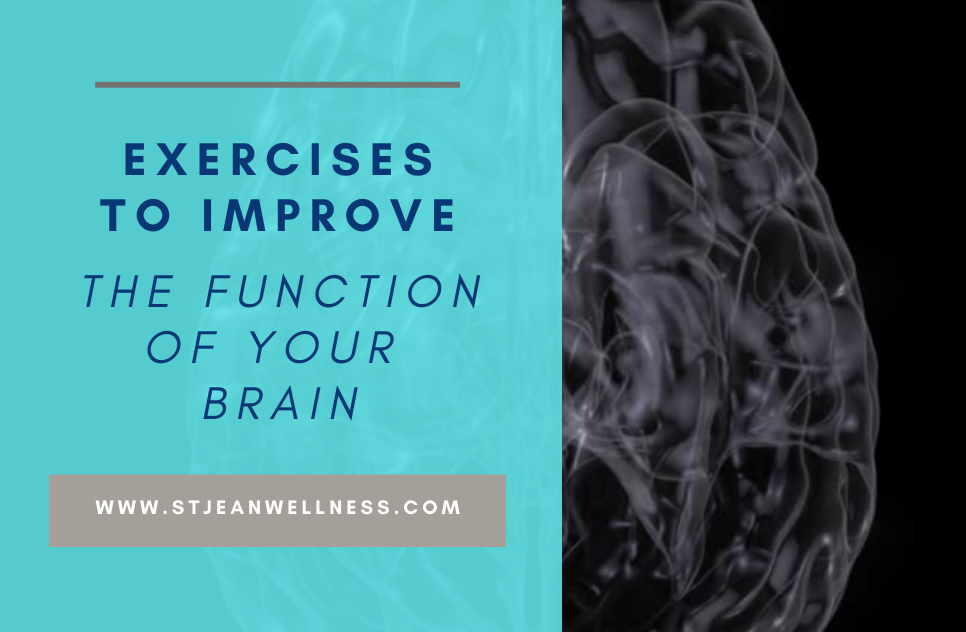Written by Dr. St Jean on November 1, 2023.
Dr. David St Jean, DC is a functional medicine and functional neurology doctor, clinical researcher, author, and avid wellness enthusiast. His area of expertise is Anxiety and Mood Disorders along with Thyroid and Gut Health.
Brain fog is a condition marked by confusion, forgetfulness, and diminished focus and mental clarity. It often arises from factors such as excessive workload, insufficient sleep, stress, and prolonged computer use. At a cellular level, brain fog is thought to stem from heightened inflammation levels and alterations in hormones that influence one’s mood, energy levels, and concentration.
The symptoms of brain fog are observed in a variety of seemingly unrelated medical conditions, including:
- Crohn’s disease
- SIBO and IBS
- Celiac disease
- Non-celiac gluten sensitivity
- Hypothyroidism
- Chronic fatigue syndrome
- Fibromyalgia
- Postural orthostatic tachycardia syndrome (POTS)
- Mast cell disorders
- Obesity
- Menopause
- Multiple sclerosis
- Rheumatoid arthritis
- Lupus
Additionally, brain fog is a common experience after chemotherapy treatments, often referred to as “chemo fog” or “chemo brain.” More recently, chronic brain fog has been associated with the COVID-19 pandemic, emerging as one of the symptoms reported by “COVID long-haulers” – individuals who recover from a COVID-19 viral infection but continue to suffer from debilitating symptoms.
A variety of treatments exist to overcome brain fog. In this video, we briefly review one of the more powerful strategies for overcoming and reducing brain fog – exercise and movement in general.
Discussion
We are dedicated to addressing your queries and sharing our expertise with you. Feel free to leave a comment or reach out to us on social media, asking any health-related questions you might have. Your question could be featured in our upcoming podcast episode, tailored just for you!

Leave a Reply